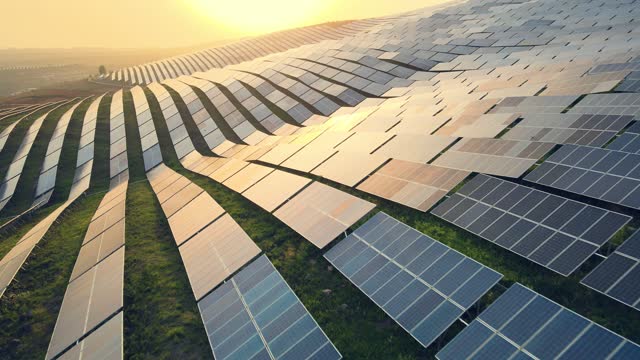Installing a home solar system is an exciting step towards sustainable living and energy independence. The process, from choosing the right system to its installation and maintenance, involves several critical steps. This guide aims to provide you with detailed insights into each phase of a solar installation project to ensure you make informed decisions and execute your plan effectively.
The benefits of solar energy extend beyond reducing carbon footprint; they also include significant savings on electricity bills and possible incentives from governments. Understanding these advantages and the required procedures will better prepare you for your journey into solar energy utilization.
Assessment of Energy Needs
Before diving into purchasing a solar system, assessing your household’s energy consumption is crucial. This evaluation helps determine the size and type of system needed. Various factors influence this decision, including your home’s geographical location, roof space, and daily energy usage. What Size Solar System Do I Need For My Home? provides extensive guidance on calculating your requirements based on these variables. This first step lays the foundation for your entire solar project.
Engaging a professional to conduct an energy audit can provide a more detailed analysis. The auditor will evaluate your past electricity bills, conduct onsite inspections, and use specialized tools to estimate precisely how much power your solar panels should generate.

Selecting the Right Solar Panels and Equipment
Once you know your energy needs, selecting the appropriate solar panels and ancillary equipment is next. There are multiple types of solar panels available in the market with varying efficiency rates and warranties. Monocrystalline, polycrystalline, and thin-film are the most common types, each with specific benefits and limitations.
Besides panels, choosing the right inverters, battery storage systems if going off-grid or having backup, and mounting hardware also plays a crucial role in your system’s overall efficiency and durability. It’s advisable to go for high-quality equipment from reputable manufacturers that come with promising warranties and after-service options.
Installation Process
The installation process is critical and should ideally be handled by certified professionals. DIY installations are possible but often not recommended unless you have considerable experience. Professional installers can ensure that the setup meets local building codes and safety standards, plus they can optimize the layout for maximum sun exposure.
Detailed planning before installation day involves marking out the roof layout, ensuring structural support where panels will be mounted, setting up wiring paths, and arranging all necessary tools and components at hand. Proper installation ensures optimal performance and reduces maintenance needs over time.
Legal Compliance and Incentives
Understanding local zoning laws, building codes, and possible neighborhood restrictions is essential before installing solar panels. Additionally, many regions offer financial incentives such as rebates, tax credits, or feed-in tariffs for installing renewable energy sources which can significantly reduce initial costs.
Contacting local authorities or hiring a legal expert can help navigate through this bureaucratic phase efficiently. Also, registering your system might be mandatory in some areas to avail of government incentives. Staying compliant not only secures legal validation but may also enhance the property’s value.
Maintenance & Monitoring
Maintaining your solar system involves regular cleaning of solar panels to prevent dust, leaves, or snow accumulations that diminish efficiency. Monitoring systems are now advanced enough to track performance remotely and alert owners about potential issues like disruptions or decreased performance levels.
Scheduled inspections by professionals can help mitigate larger issues by replacing worn-out parts timely or updating software that controls panel operations. Ultimately, well-maintained solar systems have longer lifespans and higher efficiency over years of usage.
Installing a home solar system is not just an economically wise decision but an environmentally friendly one as well emphasizing sustainability over long-term reliance on fossil fuels. With proper planning, quality materials, and professional execution, homeowners can enjoy decades of clean energy.
In conclusion, while the upfront cost might appear daunting press on knowing that benefits far outweigh the initial investment. Additionally ongoing advancements in technology continue making these systems more efficient accessible ensuring long-term affordability.
